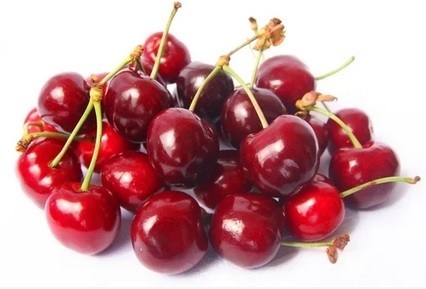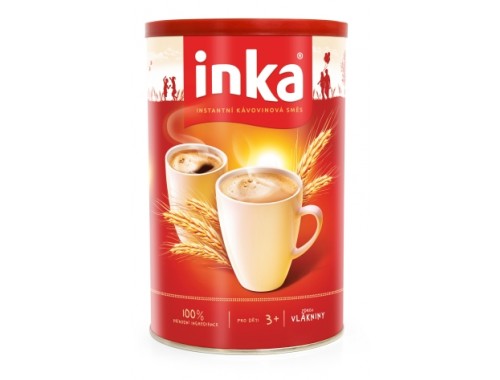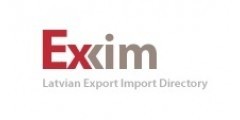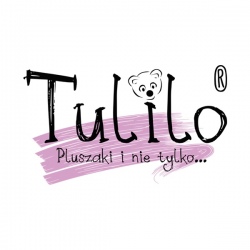Export of Polish eggs. Polish eggs are the best
Polish egg exports play a crucial role in the country's agri-food sector and are an important component of international trade in agricultural products. Eggs are one of Poland's key export products in this sector, and their export not only provides a significant source of income for Polish producers but also strengthens Poland's position as a major player in the European food market. In recent years, Poland has become one of the leading egg exporters in the European Union, and demand for Polish eggs has been steadily growing, both in European countries and beyond.
Let’s begin by analyzing the scale of egg production in Poland, which is a key factor enabling large-scale exports. In 2022, Poland was the third-largest egg producer in the European Union, producing about 10 billion eggs annually. This accounted for approximately 10% of the EU's total egg production, making Poland one of the leaders in this sector. It is worth noting that egg production in Poland is diverse in terms of farming methods. Around 80% of eggs come from caged farming, although in recent years there has been a noticeable increase in the popularity of eggs from barn, organic, and free-range systems. The growing interest in more animal-friendly production methods is due to increased consumer awareness, both in Poland and in export destination countries.
Poland is one of the largest egg exporters in the European Union. Egg exports from Poland include both shell eggs and processed eggs (such as egg powder, liquid egg whites, and yolks), allowing for a wide range of trade opportunities. In 2021, the value of Poland’s egg exports amounted to around 250 million euros, a significant increase compared to previous years. Polish egg exports were directed to both markets within the European Union and beyond, indicating growing demand for Polish products in various parts of the world.
EU countries are the main recipients of Polish eggs. In 2021, the most important export market was Germany, which is the largest importer of Polish eggs, accounting for about 30% of total exports. Polish eggs are exported to Germany both in raw and processed forms, thanks to geographic proximity and strong trade ties between the two countries. German consumers appreciate Polish eggs for their competitive price and quality, which meets EU standards. Besides Germany, other significant recipients of Polish eggs include the Netherlands, the Czech Republic, Italy, and France. These countries regularly import Polish eggs to meet local demand, especially when their domestic production is insufficient. For example, in Italy, Polish eggs are used in the food processing industry, particularly in pasta and pastry production, where this raw material is essential.
Moreover, Poland successfully exports its egg products to countries outside the European Union. For example, Ukraine, Serbia, and the United Arab Emirates have become growing markets in recent years. In particular, the UAE, with its rapid economic development and increasing demand for food products, is becoming an increasingly important trading partner for Poland’s egg sector. Exports to this region include not only shell eggs but also processed products, which are used in the food industry and gastronomy. It is worth noting that exporting to Middle Eastern countries requires compliance with strict sanitary and veterinary standards as well as halal standards, which Polish producers successfully meet, adapting their products to the specific requirements of these markets.
A key factor contributing to the success of Polish egg exports is their price. Thanks to lower production costs compared to some Western European countries, Poland can offer competitive prices on the international market. Egg production in Poland, supported by modern technology and large farms, allows for high efficiency while maintaining relatively low operational costs. This makes Polish eggs attractive in terms of price, drawing importers, especially from countries with high demand but limited production capabilities.
However, like any export sector, the egg industry faces certain challenges. One of the main challenges is increasing competition in the European market. Countries like the Netherlands, Germany, Spain, and Italy also produce large quantities of eggs, and their exporters strive to capture new markets. As a result, Polish producers must compete not only on price but also on quality and product variety. Flexibility and the ability to quickly adapt to changing market needs are becoming important factors here. In response to the growing demand for organic products, more and more Polish producers are transitioning to more sustainable production methods, such as organic and free-range farming. Although the production of these eggs is more expensive, there is a growing number of consumers willing to pay more for products with higher ecological and health value.
Another challenge for Polish egg exporters is the fluctuating market conditions and legal regulations. This sector is highly dependent on the European Union's trade policy, which can affect prices and market access. For example, the introduction of tariffs or changes in quality standards regulations can directly impact the competitiveness of Polish eggs on the international market. Additionally, changes in consumer preferences, such as the increasing interest in animal-friendly farming or non-GMO eggs, require producers to invest in modern technology and adapt their production processes.
Despite these challenges, the prospects for Polish egg exports are promising. Global demand for eggs, both in their natural form and as an ingredient in food products, is growing. Consumers worldwide, especially in developing countries, are becoming more aware of the nutritional value of eggs, driving demand for this product. Eggs are an affordable source of protein, and their versatility makes them an essential part of the diet in many cultures. Poland, as a major producer and exporter, has the opportunity to continue developing in the global market, especially in light of the increasing need for food security and sustainable agriculture.
Poland’s egg exports play a crucial role in the national agri-food sector, and Poland is one of the leading exporters of this product within the European Union. Germany, the Netherlands, the Czech Republic, Italy, France, as well as non-EU countries such as the UAE and Ukraine, are the main markets for Polish eggs. Thanks to competitive pricing, high product quality, and the ability to adapt to changing market requirements, Polish eggs have a strong growth outlook in the export market. However, to maintain their position in the international market, Polish producers must overcome challenges related to growing competition, changing legal regulations, and increasing demand for organic and animal-friendly products. Sustainable production and modern technologies in processing and logistics could be key to the success of Polish eggs in the coming years.
- Economy
- Export
- International cooperation
- Construction sector - Joinery, engineering and building architecture
- Agriculture, Food
- Regional development, investment in Poland
- What's worth knowing
Agriculture, Food
Export of Polish eggs. Polish eggs are the best


Source: https://www.poland-export.com/

See also:

Chocolate and chocolate products from Poland
For years, Poland has been strengthening its position as one of the key exporters of chocolate products in Europe. Chocolate exports constitute an important segment of Polish foreign trade and cover a wide range of chocolate products

Cherry Export. Polish Cherries Around the World
The export of cherries from Poland is playing an increasingly important role in the international fruit market.

Cosmetics export. Cosmetics from Poland
The export of cosmetics and toiletries from Poland is developing at a dynamic pace, thanks to which Poland has gained the status of one of the leaders in the production and sale of these products in Central and Eastern Europe

Export of Windows: Window Joinery from Poland
Poland has been playing an important role on the international window market for many years, being one of the largest window exporters in the world.

FTA - Free Trade Agreements: Do They Exist and Can They Lower Tariffs?
Free Trade Agreements (FTAs) are key tools in international trade policy, aimed at reducing trade barriers...
Help needed ?
If you have not found the desired product, company, service or the searching results are not satisfactory for you, do not hesitate to contact us and tell what you are looking for or what you need. We will send your inquiry directly to the interested companies.
Write to us

 pl
pl  en
en  de
de  es
es  fr
fr  it
it  pt
pt  ru
ru  sv
sv 














.jpg)


